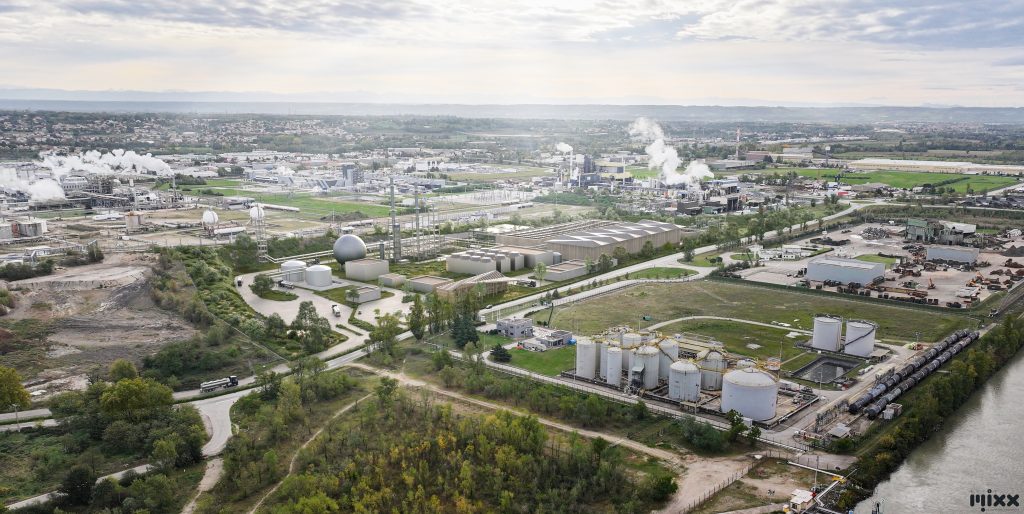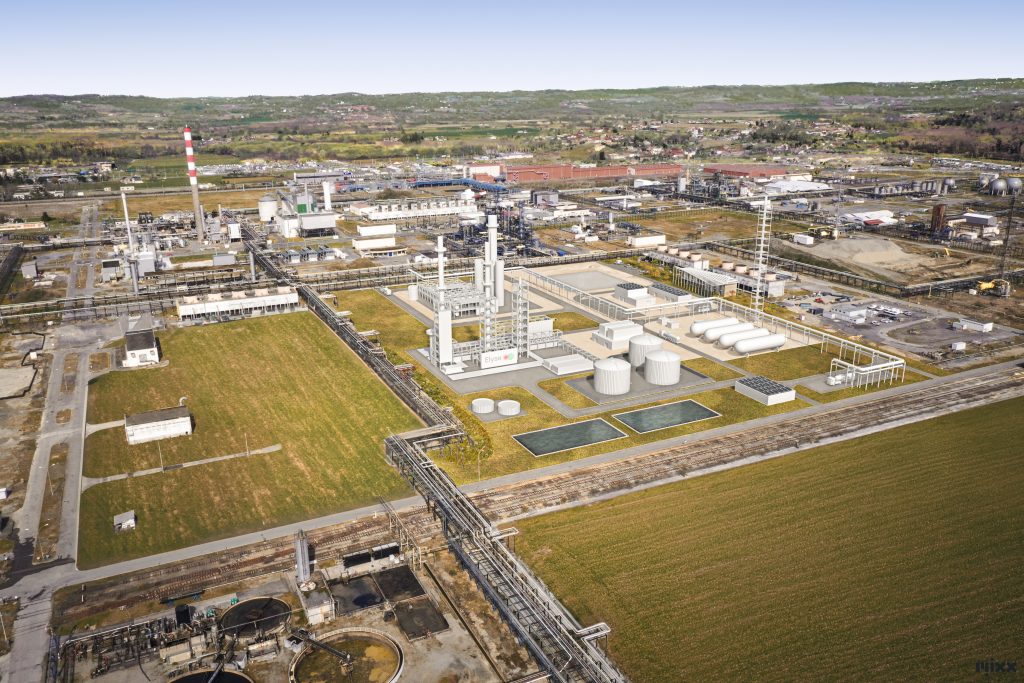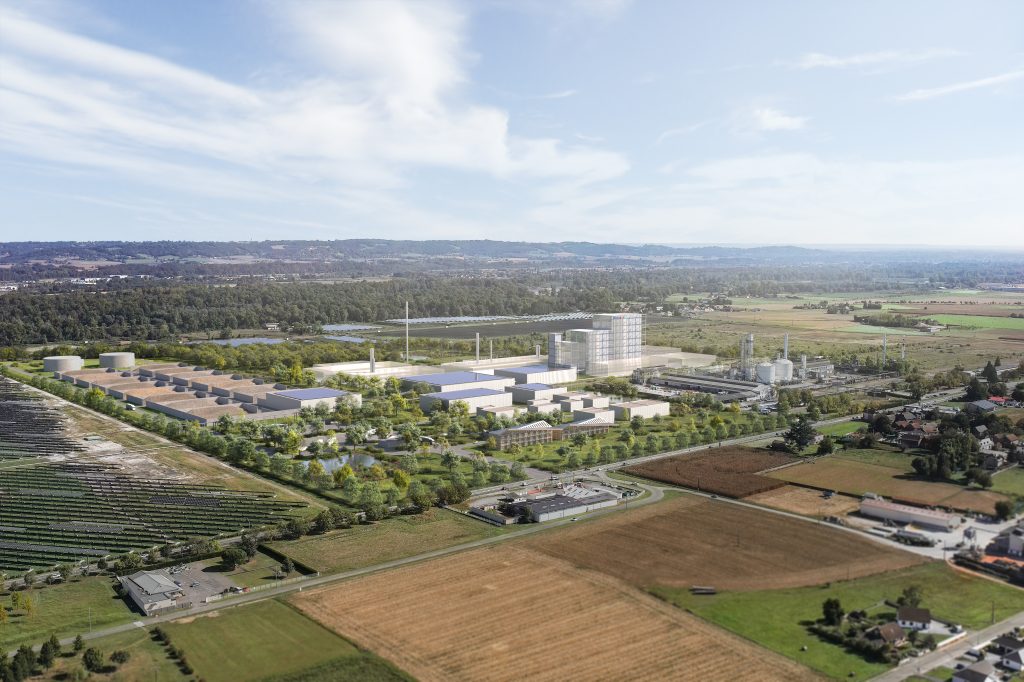
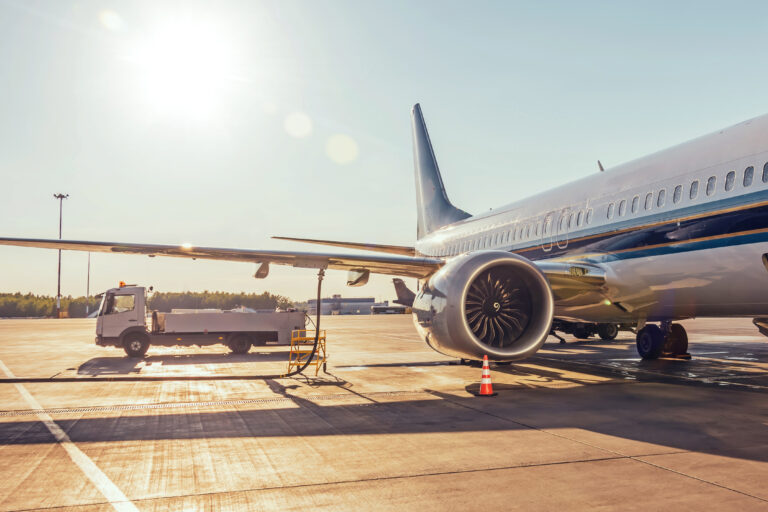
Air transport accounts for more than 2% of global greenhouse gas emissions. While this share is limited in absolute terms, it is increasing due to the sector’s growth. Considering the climate change emergency, the industry committed to carbon-neutral growth in 2020 and aims to achieve zero net emissions by 2050. Achieving these objectives will depend on a package of measures: technological progress, operational improvements in air navigation, use of compensation mechanisms, and deployment of sustainable aviation fuels.
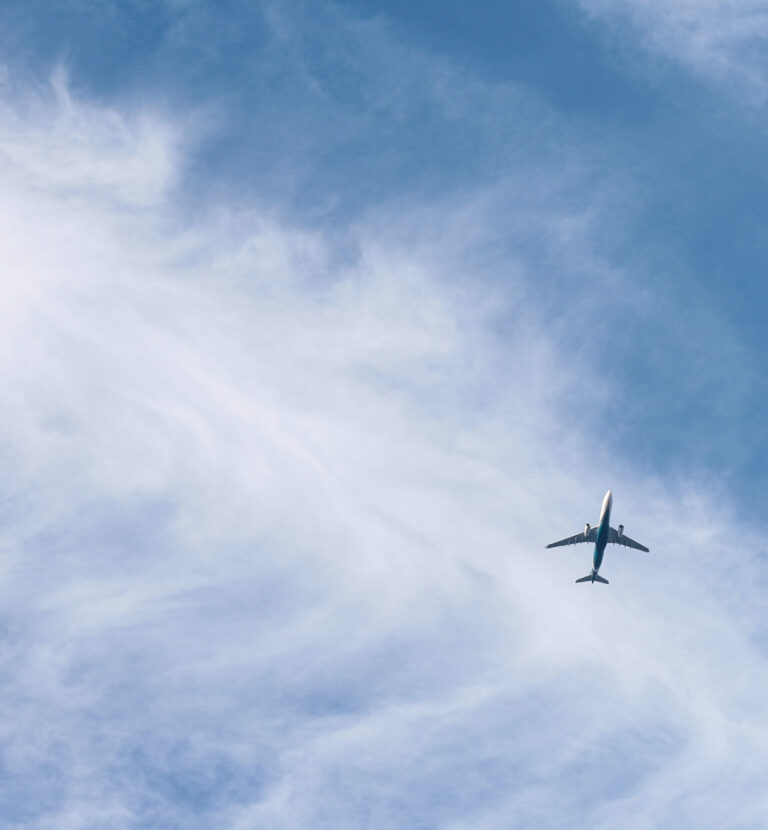
In a sector that has already halved fuel consumption per passenger over the past twenty years, the use of sustainable aviation fuels will be critical. Depending on the scenario, these fuels could account for 50% to 70% of the supply by 2050 and help achieve more than half of the carbon footprint reduction targets. The regulatory framework in this respect is changing rapidly, with ambitious incorporation goals in Europe or tax credit mechanisms in the USA. In addition to regulatory constraints, airlines and freight forwarders are stepping up their commitments, setting targets that are often more ambitious than regulatory constraints, as reflected by Air France-KLM’s announcement of a 10% incorporation of sustainable fuels in 2030.
Elyse Energy is at the forefront of the sustainable aviation fuel industry with its BioTJet and AVEBIO projects. With its hybrid approach, combining advanced biofuels and synthetic fuels, it can respond to the needs of various market segments and help its customers increase their demand.
We develop, finance, build and operate low-carbon molecule production plants in France and in the iberian peninsula. Discover our projects !
